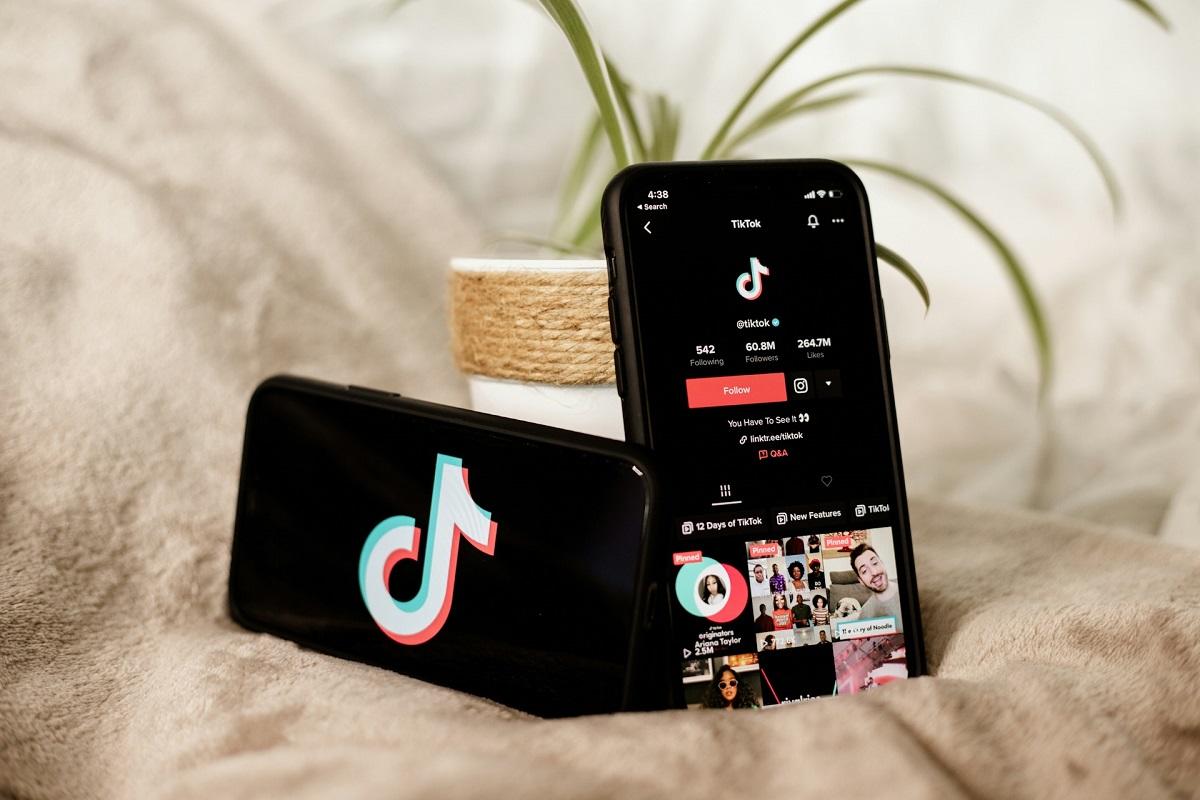High-profile and popular influencers on TikTok should rethink their approach to brand-sponsored campaigns since followers better engage and trust the authenticity of smaller creators over super influencers when it comes to paid content.
The study published in Psychology & Marketing from the University of Ottawa’s Telfer School of Management aims to help brands and businesses develop more successful strategies on the social media platform by delving into how users interact with sponsored user-generated content. They found engagement around brand-sponsored content mirrors TikTok’s own image as an unfiltered, raw, and authentic platform.
Consumers questioned the authenticity of super influencers (over half a million followers), showing less engagement with their sponsored posts relative to their non-sponsored content in contrast to smaller creators (15K followers) who did not experience a drop when promoting similar sponsored content. The niche engagement felt by smaller influencers in promoting sponsored content can be attributed to their size, which makes them able to foster a stronger sense of trust.
Although popular influencers may face challenges with sponsored content, when they promote smaller, lesser-known brands, engagement remains strong. However, endorsing large, well-known brands often results in lower consumer engagement due to perceived lack of authenticity.
“This likely stems from the perception that more popular creators prioritize commercial interests and monetary gains over genuine connections with their audience and the sheer size of their audience may dilute the personal connection with viewers,” says Argiro Kliamenakis, an Assistant Professor of Marketing at Telfer. “This issue is exacerbated when large influencers promote large brands, as these brands are often perceived as inauthentic and profit-driven, leading to lower engagement with this type of content. Therefore, larger brands may find greater value in sponsoring multiple smaller creators and employing other promotional strategies with larger influencers to encourage organic content.”
With authenticity instrumental to reaching audiences, brand managers should exercise discretion when choosing brand partnerships and look to leverage the authenticity of micro-influencers or niche content creators with engaged followings which can lead to favorable responses to sponsored content. Smaller brands can also engage with more popular creators to take advantage of their influence and visibility without sacrificing consumer engagement.
“This research provides valuable insights into how brands can effectively engage audiences on TikTok, shedding light on the nuances of consumer behavior on this platform, which can help brands and businesses develop more successful strategies,” said Kliamenakis, who points to the emerging popularity of TikTok Lives offering another aspect that needs to be looked at. “It would be valuable to investigate how consumers respond to these emerging content formats and how they might influence engagement and perceived authenticity.”
Media requests: [email protected]
